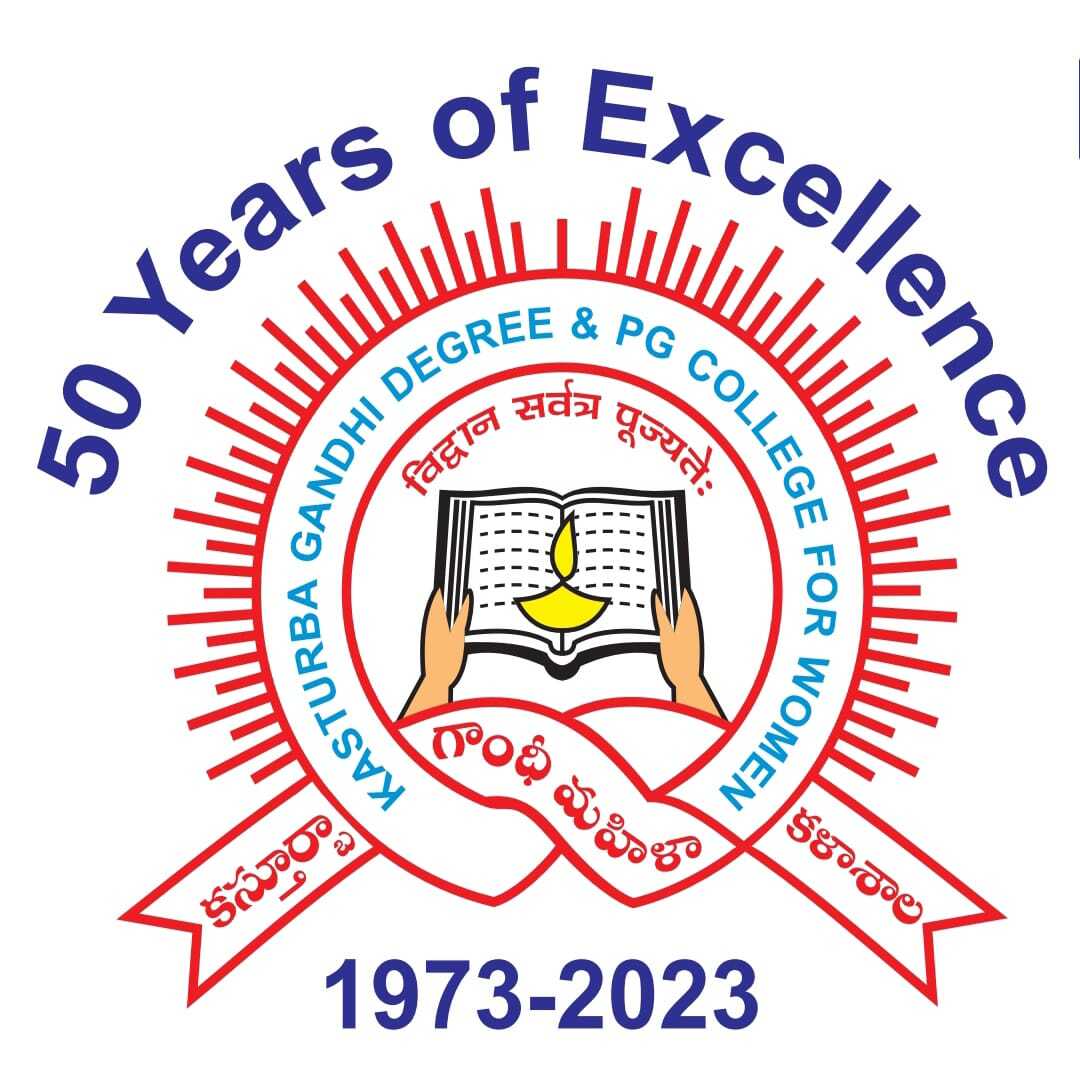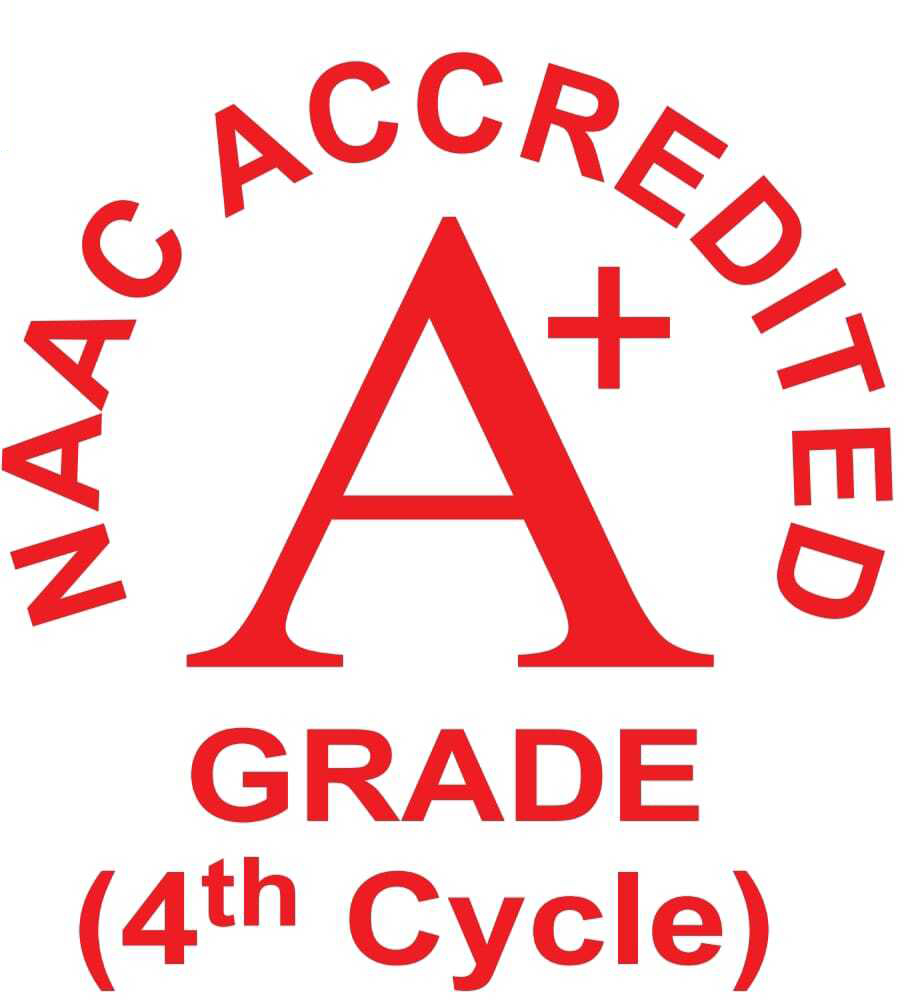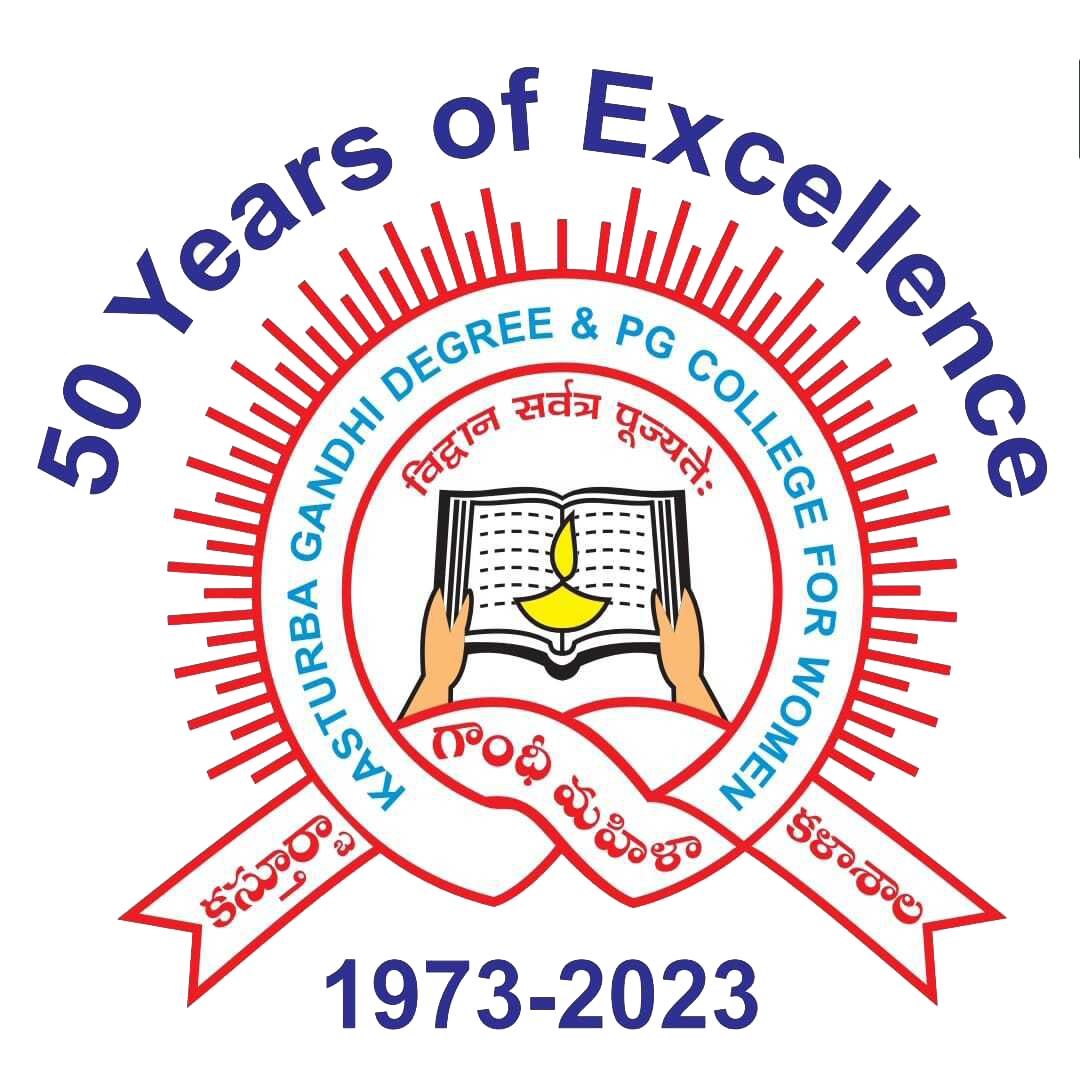Maintenance Policy
Infrastructure Policy adheres to the Vision and Mission of Kasturba Gandhi Degree & PG College for Women. The Institution is committed to create, develop, provide and maintain necessary infrastructure and essential amenities for all the stakeholders. The college manages infrastructure efficiently with the help of following policy domains:
To ensure the proper maintenance of the various infrastructures of the college.
Procedure
- The College office administration organizes the workforce for maintaining physical, academic and support facilities - laboratory, library, sports complex, computers, classrooms, etc. in periodical manner and ensures the efficient working condition of the infrastructure.
- The respective HoDs and non-teaching staff of the departments are responsible for maintenance of equipment of their Laboratories.
- Adequate in - house staff is employed to maintain hygiene, cleanliness and infrastructure on the campus so as to provide a conducive learning environment. Classrooms, Staffrooms, Seminar halls and Laboratories, playgrounds etc are cleaned and maintained regularly by Non - teaching staff. Wash rooms and rest rooms are well maintained. Dustbins are placed on every floor.
- The Greenery of the campus is well maintained by full-time gardeners.
- Appointed caretaker ensures Classroom maintenance log and Restroom Maintenance log for efficient performance of duties.
- The System administrator maintains the college computers and accessories.
- Parking facility is well organized.
- The campus is equipped with surveillance Cameras.
- The College office/stores in charge maintains a stock register for the available equipment. Proper inspection is done and verification of stock takes place at the end of every year. The civil and electrical work is monitored and maintained by the office.
- Requirements of repairs and maintenance are submitted by the HoDs to the Principal.
- Fumigation of library books and records is done every month by the Pest \Controller.
- The college engineer and his team looks after the regular maintenance of civil works such as furniture repairs, masonry and plaster works, painting, carpentry, plumbing.
- The college has Annual Maintenance Contracts for Security and housekeeping.
- Bill is generated and processed through the concerned authorities and forwarded through Principal for final payment.
- All monthly maintenance bills are brought to the notice of the principal.
Utilization and Maintenance of campus facilities
-
Classrooms & Laboratories
- Classrooms are allotted as per the student strength.
- Concerned departments are given responsibility for the maintenance of their classrooms.
- Laboratories are allotted for practical sessions based on a timetable.
- Standard Rules for handling various equipment and instruments are to be strictly followed.
- Old and outdated equipment’s and instruments, e-waste are to be properly discarded.
-
Library
- The library staff members are strictly instructed in the care and handling of library documents, particularly during processing, shelving and conveyance of documents.
- Books are procured based on standard procedure of library.
- Technical processing i.e. Accessioning, Classification & Cataloguing is done.
- Library cards are prepared and given for each student.
- Books Borrowing and lending are monitored by automated Library software.
- Fumigation of the Library is done every month to avoid termites.
- Weeding out old newspapers and magazines are done periodically.
- Previous year Question papers Semester wise are binded and kept for ready reference.
- Students are allowed to access online resources in the internet center.
-
Sports Equipment
The sports equipment, fitness equipment, ground and various courts are supervised and maintained by the Physical Education Department. Ground level maintenance is done annually during vacation in addition to the seasonal maintenance.
-
Auditorium/Conference Halls/Seminar Hall:
Auditorium, Conference halls and Seminar halls are under the various departments used for different academic and cultural activities. Maintenance of Auditorium, Conference halls and Seminar halls is taken care of by the housekeeping team. For accessing the facilities, the faculty/staff that organize events has to submit a request through HOD to the Principal and the date of event is registered. Then the Auditorium/Halls are made available on a first-come first served basis.



